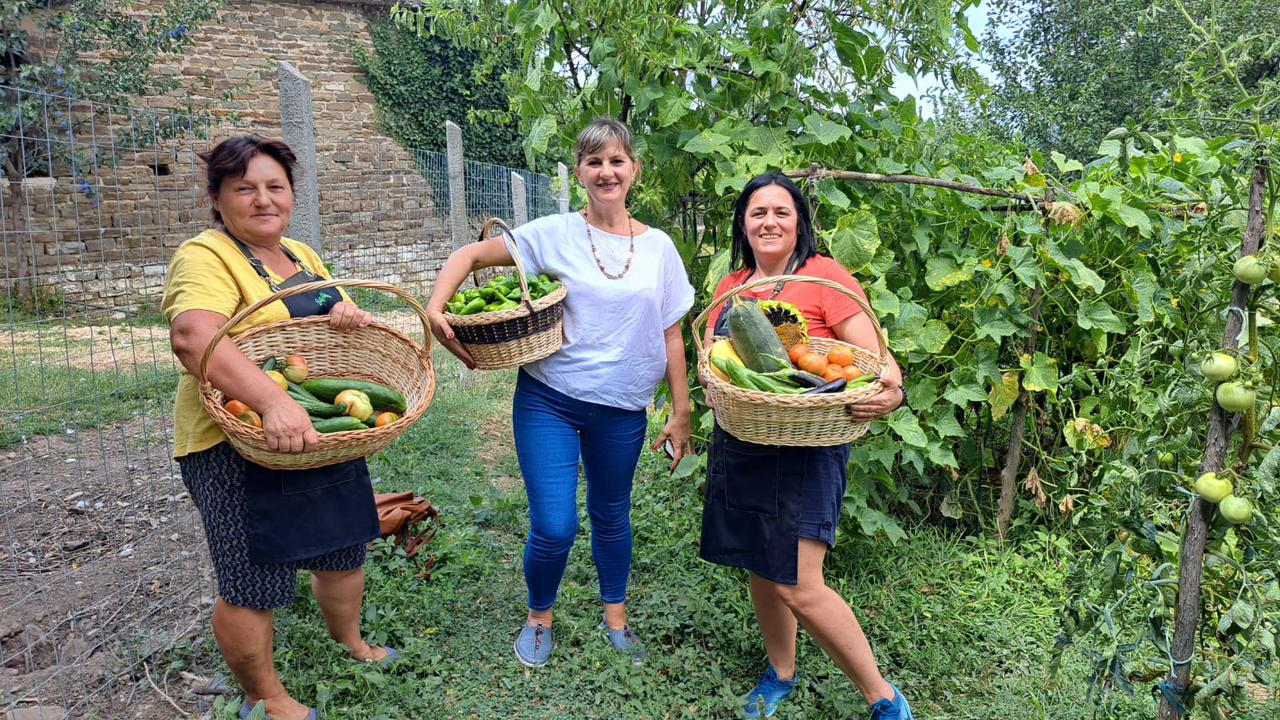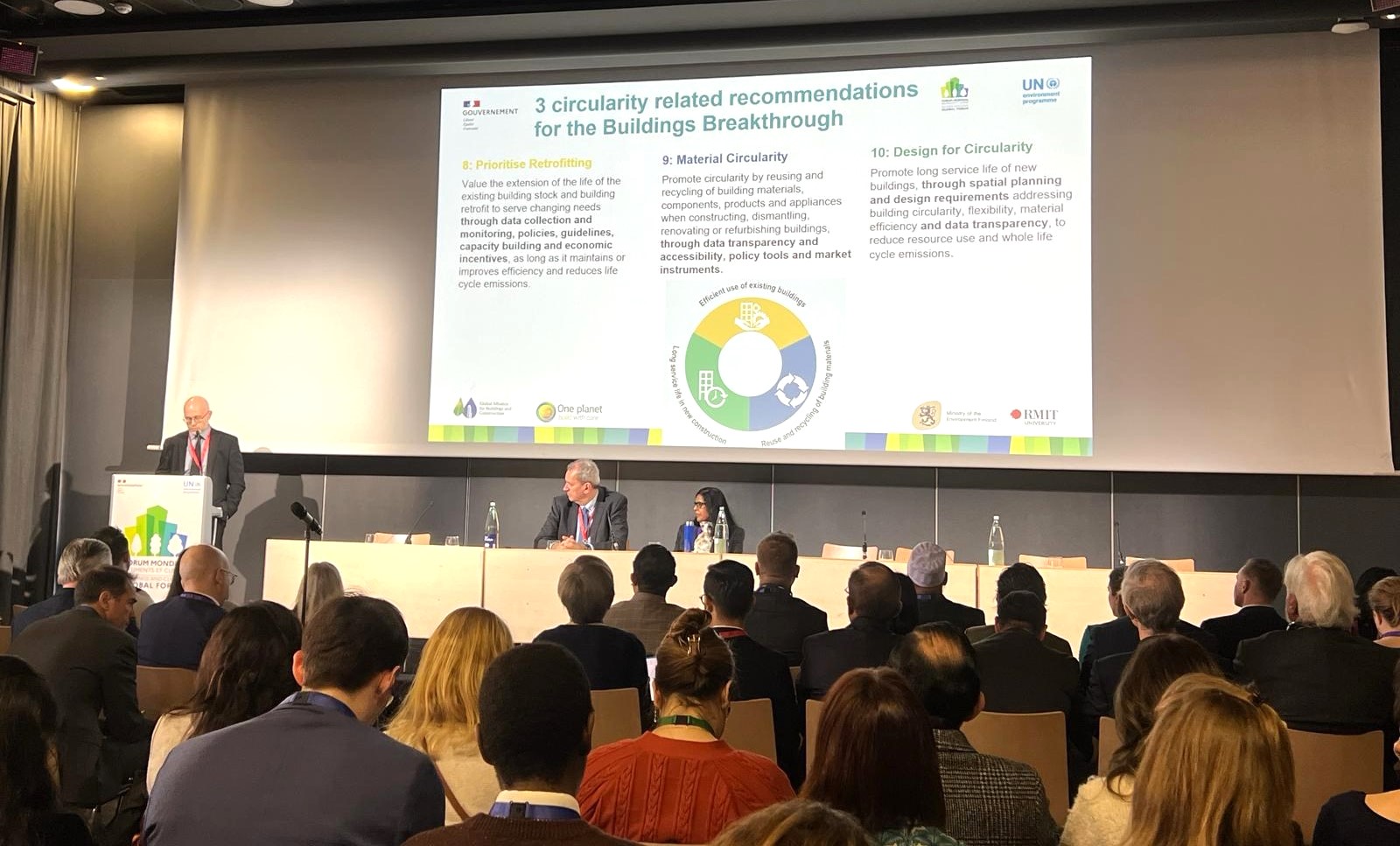Greyton Transition Town
Greyton Transition Town (GTT) brings together community members to find local solutions to global challenges and impacts of climate change, including escalating fuel and food costs. GTT aims to build a resilient, sustainable village.
Since its establishment in 2012 as the first official transition town in South Africa, GTT engages the communities of Greyton, Genedendal and neighbouring villages in addressing food security, waste management, sustainable housing, environmental awareness and education issues. GTT implements activities focused on two main areas: renewable energy and waste management. For example, GTT aims to reduce their dependency on fossil fuels and local experts are currently working on a feasibility study to provide Greyton with solar power within a decade. A more dependable, efficient source of energy is needed for some, especially low-income households, where energy can cost up to 25% of their income.
Greyton Transition Town started mid 2011 when a group of local people met to consider the challenge of increasing fuel costs and the corresponding rise in the cost of living, particularly with regard to escalating food prices. The group saw Transition as a means of inspiring the community of Greyton to come together to meet these challenges and to build a resilient, sustainable village in which everybody enjoys security from rising costs in fuel, food and other essentials.
GTT aims to bring sustainability back to Greyton by embracing these objectives:
• Energy descent: raise awareness about climate change and energy depletion and find ways to collectively reduce and individual carbon footprints;
• Promotion of awareness: provide information about global factors like climate change to make preparedness a vital necessity and the opportunities to support this process;
• Waste reduction: promote the 3Rs of reducing, recycling and re-using waste;
• Sustainable food production: promote organic, free-range and ethically produced food;
• Community cohesion: inspire and support the community to prepare for a Greyton that is sustainable, equitable and self-reliant;
• Localization of the economy: promote production and consumption of local produce by and for Greyton and in doing so, create local employment and reduce carbon food miles.
Achieving poverty eradication:
In an effort to become a self-supporting and integrative community, GTT has been achieving poverty eradication through its various projects namely:
• Incredible edible: promoting food security by creating home and community vegetable gardens, including weekly local meetings to swap, buy, sell local, organic fruit and vegetables. Vegetable gardens are also introduced to those most in need.
• Waste management: through the establishment of swopshops where community members exchange clean and dry recyclable waste for essentials such as food, clothing, bed linen and stationery on a weekly basis. Around 100 children attend swopshops every week and contribute around 500 – 700 kilograms of recyclable waste each time.
• Eco-village: through its community natural building programme, GTT is creating an eco-village comprised of mixed use housing, sub-economic, budget homes and standard homes. Residents are involved in the design and build of their homes, which will be created within a self-sufficient infrastructure that will include biomass digesters and grey water systems, renewable energy, shared vegetable gardens and natural building.
• Trash to Treasure Festival: focusing on promoting the stuffing of plastic bottle bricks with non-recyclable plastics and using these eco-bricks to build community facilities. Local school children, guided by a building team, built an outdoor classroom using eco-bricks.
Achieving climate change mitigation:
GTT is designed to help Greyton and South Africa reduce its global greenhouse gas reduction efforts while working in tandem with a pro-poor adaptation agenda.
• Switching to renewable energy: plans are being made to establish sources of renewable energy, reducing their dependency on fossil fuels and working towards a long term goal of cheaper, renewable, green energy for all. Local experts are working on a feasibility study to provide Greyton with solar power within a decade.
• Phase out plastic bags: Greyton is South Africa's first town to phase out single use plastic shopping bags as one of its many creative waste reduction programmes.
• Air Miles Forest: Greyton residents donate one tree if they make a domestic flight or two if they travel internationally. Trees are planted throughout Greyton, starting at the Green Park where national charity, Greenpop, arrived with 40 volunteers and 50 trees and helped 60 local volunteers, mainly children, to launch Greyton's fruit tree forest.
• Environmental Education Programme: Much of GTT's work is focused on an environmental education programme that aims to restore the connection between local children and the environment it lives in and how they can adapt to and help mitigate environmental challenges including climate change. This is done through eco-crews running in six local schools with 120 children taking part in fortnightly activities. Through climate change education, the aim is to reorient education systems to achieve low-emission and climate-resilient development by rethinking unsustainable lifestyles and promoting responsible consumption habits, “greening” technical and vocational education and training, integrating disaster preparedness in education, and building safe and green schools.
Inspired by the world's first Transition Town, Totnes in Devon, England, GTT has achieved the following in the last two years:
• Initiated a solar power project to install renewable energy on school roofs;
• Started a pilot housing project with the aim of creating a sustainable eco-village model for low-income families;
• Formed eco-crews in local schools with over 80 children participating in weekly environmental education programs after school;
• Transformed part of the Greyton dumpsite into a Green Park where garden waste is converted into compost; and
• Started a fruit forest with 100 trees, set up a weekly food market where local vegetables and fruits can be swapped, bought or sold.
The director of Greyton Transition Town and his team of three represent the historically disadvantaged communities of Heuwelkroon, Boesmanskloof and Genadendal as do three of their six Trustees.
For further details:
www.greytontransition.co.za
Email: nicolavernon@kingsley.co.za
Nicky Vernon (Chair): 27825587752
Address:
Greyton EcoLodge
2 Park Street
Greyton 7233
South Africa
External source(s)
Image

Project start date
26/02/2015
Project end date
26/02/2015

